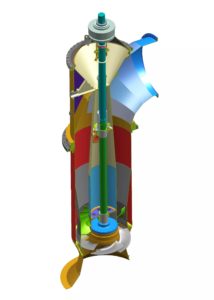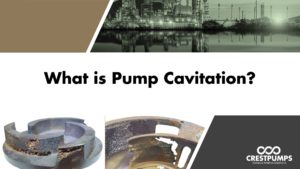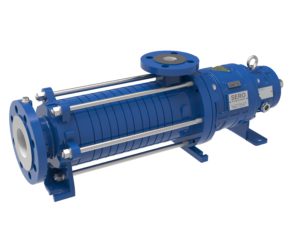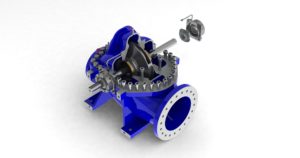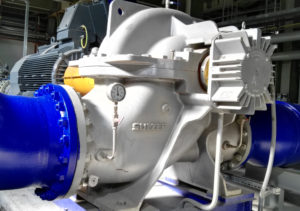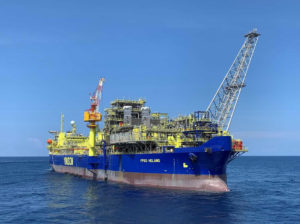Hydraulic Institute Develops New Webinar on Rotodynamic Pumps: Guidelines for NPSH Margin
In its continuing effort to provide education on current and important topics to the pump industry, the Hydraulic Institute has collaborated with Arnie Sdano, Chief Engineer at Pentair Flow Technologies and associated HI committee members in developing a new technical webinar program that focuses on NPSH and its relationship to cavitation and other pump operation.
No end user or pump supplier wants to experience the issues associated with lack of NPSH such as increased noise and vibration due to cavitation, beginning of head or efficiency drop, and eventual damage to pump impeller or casing.
Designed for pump distributors, manufacturers and end users, the NPSH webinar instructs participants on how to calculate the available NPSH, understand how insufficient NPSHA will affect pump operation and what NPSH margin is needed to ensure good performance longevity to pump equipment.
Arnie Sdano, a well-known industry engineer and HI member, will serve as course instructor. “Understanding NPSH margin is critical to ensuring optimum and long-term pump performance,” notes Sdano. “Working with HI and its committee members in developing this new webinar that focuses on NPSH is an important achievement as the industry needs education on this topic.”
The new webinar on Rotodynamic Pumps Guidelines for NPSH Margin will be conducted on Monday, June 2, 2014 from 1:00 – 2:00pm EDT. HI also offers corporate group webinar site licensing for the lowest prices in training larger groups.
As this live, online series is only offered periodically through this year, the sign up deadline is 12pm EDT on June 2, 2014.
Source: Hydraulic Institute Inc.

